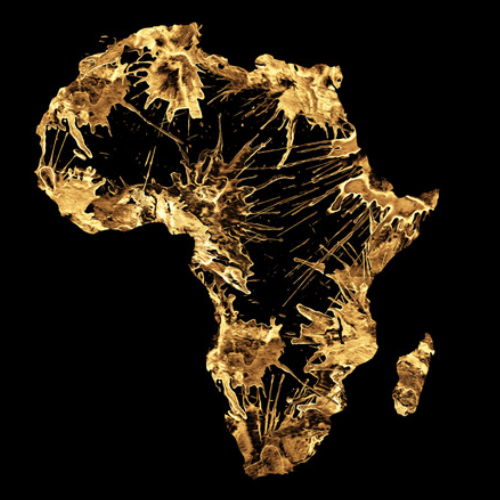The 25th of May marks the Africa DayThe African Union and the UN have recognised this date as a time to highlight the continent's cultural richness, ingenuity and vision for the future. Beyond traditional commemorations, it is an opportunity to celebrate Africa's diverse contributions to the contemporary world, from technology to the arts.
A continent that innovates and transforms
Africa has been the birthplace of solutions that have redefined entire industries. The Mobile Bankinginitially developed in East Africa, transformed financial inclusion for millions. Scientists from the continent have contributed to key medical technologies such as computerised axial tomography (TAC), and it was in South Africa that the first human heart transplant was performed in 1967.
African women, recognised for their leadership and entrepreneurial resilience, are a critical economic force. The continent is home to some of the highest rates of female entrepreneurship in the world, driving sustainable change in their communities.
African arts: creativity with global impact
The international reach of African art continues to grow steadily. Works by artists from the continent have surpassed USD 100 million in global sales, while African music has gained unprecedented prominence, with an unprecedented increase of more than 22% in its presence in the global industry. This figure is expected to exceed 300 million in revenues by 2026.
In addition, African audiovisual industries - from Nigeria to South Africa, from Morocco to Kenya - are making a strong mark at the world's most important festivals, such as Cannes, Berlinale and Toronto, and have even managed to position themselves at the Oscars, consolidating African storytelling as an essential part of the global audiovisual landscape.
Angola, PALOP and beyond: a pan-African celebration
The five Portuguese-speaking African Official Language Countries (PALOPs), like Angola, constitute a minority in the general context, given that the focus of most media conversations, both regionally and internationally, tends to be on English, French, Arabic or Swahili-speaking countries. However, Angola, Cape Verde, Guinea-Bissau, Mozambique and Sao Tome and Principe represent more than 77 million people in Africa, equivalent to 30 % of the world's Portuguese-speaking population. These countries make high-impact regional and international contributions, including viral phenomena that unite humanity through music and dance, as was the case with the Angolan collective's choreography. Phenomena of Semba to the rhythm of the South African song "Jerusalemema" by DJ Master KG and vocalist Nomcebo.
The global impact on the music industry includes genres such as the morna Cape Verdean, already recognised as being considered World Cultural Heritage and featured in films that have been awarded the Oscar. The Angolan semba, considered the root of Brazilian samba, is also recognised, as well as more recent genres like the kizomba and the kudurooriginating in Angola and influential international stars such as RihannaMaluma, Anitta, JBalvin and even Madonna. Likewise, Afro-house, developed by DJs from Angolacontinues to gain worldwide recognition with its rhythms and choreographies, inspiring artists such as Beyoncé y Pedro Sampaio, among many others.
Beyond international pop, electronic music and mainstream urban beats, the creators of the PALOPs cross borders and promote a holistic African representation within and beyond the continent. In fact, the first African Pavilion at the Venice Biennale in 2007curated by Simon Njami (Cameroon) and Fernando Alvim (Angola) was the result of an initiative driven by Angolan private art collections. These collections housed, at the time, one of the largest collections of African-owned Pan-African art based on the continent.
In the fashion and beauty industries, the role of a new generation of models stands out, such as Maria Borges (Angola), Alécia Morais (Cape Verde) and Amilna Estevão (Angola), who dared to challenge established canons by promoting natural hair on international catwalks almost a decade ago. Thanks to their authenticity and bravery, they pushed for a more natural vision of hair. inclusive of beauty, paving the way for future generations of African models.
Africa is made up of 54 nations and their diasporas, united by a shared history and an evolving present, characterised by creativity and potential. Today, the continent celebrates its diversity, talent and ability to positively influence the world through innovation, art, science and culture.
Today, Africa celebrates its diversity, its talent and its ability to positively influence the world through innovation, art, science and culture.
Happy Africa Day!
